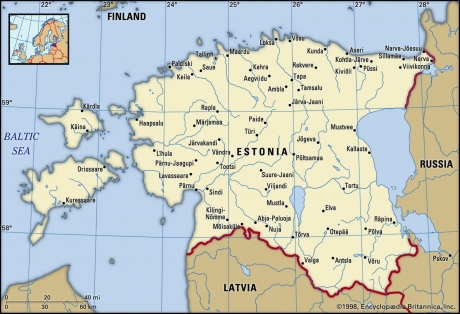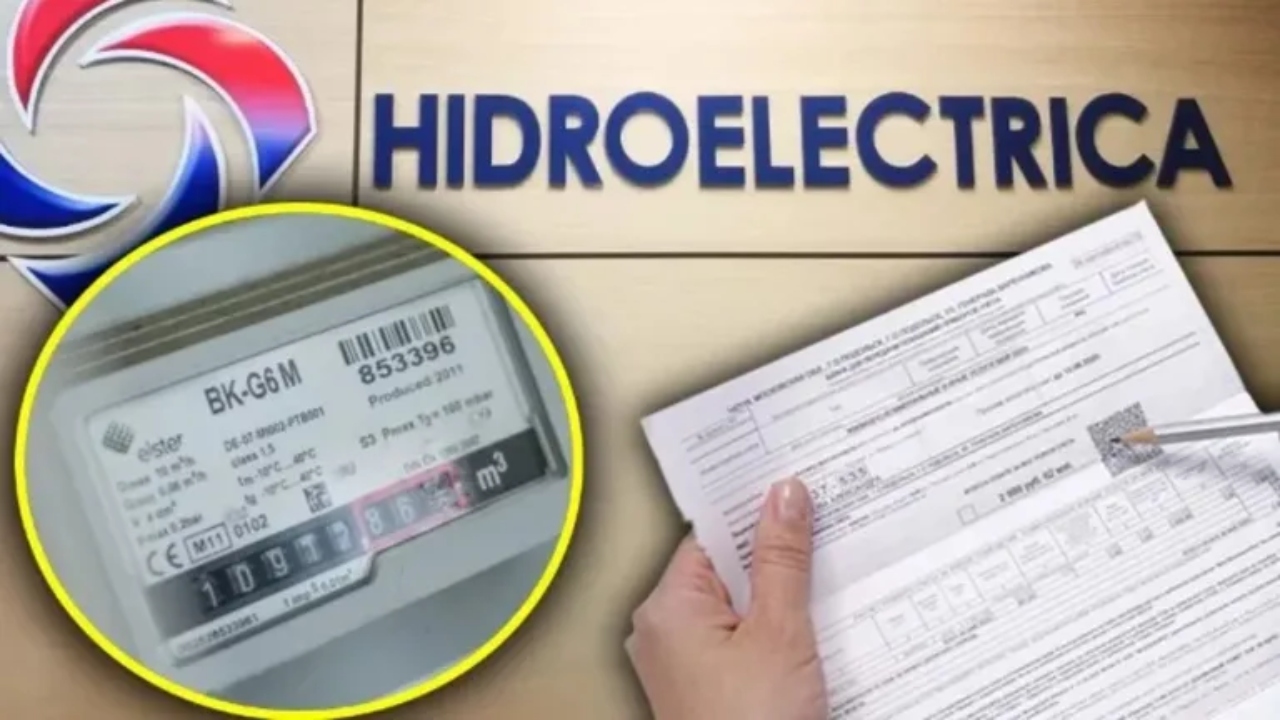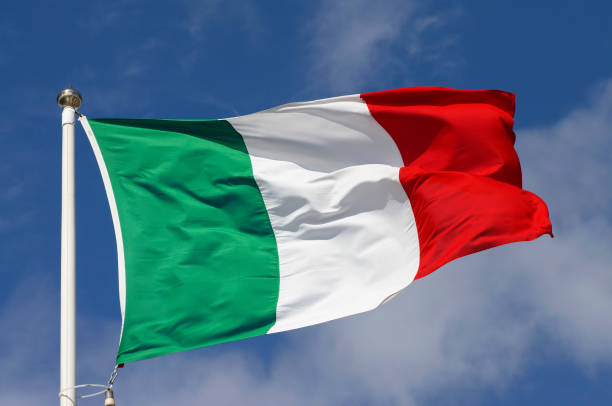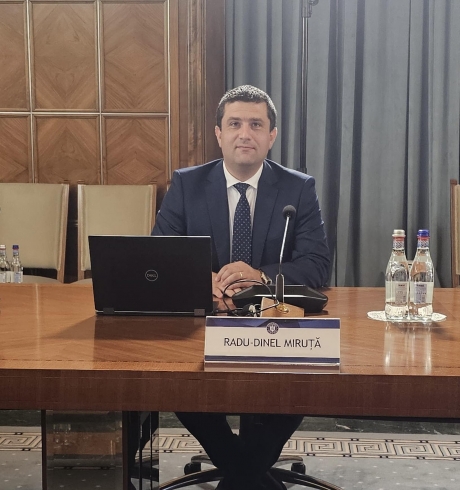The EU Solidifies Its Defence Mechanism Against Foreign Economic Coercion
In a proactive measure aimed at preserving economic autonomy, the European Union (EU) has formally introduced the “Anti-Coercion Instrument” (ACI) to shield its member states from undue economic pressure exerted by third countries. This strategic legislation represents a significant leap forward in the EU’s diplomatic arsenal, fostering resilience and safeguarding its economic interests.
The ACI functions as a sentinel for the EU and its member states, a steadfast deterrent against external actors seeking to manipulate the EU or its individual members through economic and trade coercion. Its primary objective is to stimulate dialogue, promote conflict de-escalation, and forestall the application of coercive measures in trade and investment.

However, this legislation harbors the capacity for robust action when diplomacy proves unavailing. The ACI empowers the EU to reciprocate by deploying countermeasures, encompassing mechanisms such as augmented customs tariffs, import/export restrictions, service trade limitations, and controls on foreign direct investment and public procurement.
 Héctor Gómez Hernández, the Spanish acting minister for industry, trade, and tourism, emphasised the pivotal role of this legislation, stating, “The ACI will solidify the EU’s position as a formidable trading entity, equipped to effectively deter and, when necessary, counter coercive trade measures imposed by third countries against the EU and its member states.”
Héctor Gómez Hernández, the Spanish acting minister for industry, trade, and tourism, emphasised the pivotal role of this legislation, stating, “The ACI will solidify the EU’s position as a formidable trading entity, equipped to effectively deter and, when necessary, counter coercive trade measures imposed by third countries against the EU and its member states.”
Economic coercion, the lynchpin of this legislation, conveys instances where third countries endeavor to compel the EU or a member state into a specific course of action through the imposition or threat of measures impacting trade and investment. This legislative move is an assertion of the EU’s resilience in safeguarding its interests.
The initiation of this mechanism will be a judicious process, with the Council playing a central role in evaluating the presence of economic coercion. The European Commission will subsequently be tasked with implementing measures in response, with an expanded involvement of member states in these determinations. Stakeholder feedback will be solicited when deliberating the activation of the ACI, with businesses actively encouraged to provide pertinent information.
Of paramount significance, the ACI is crafted in alignment with the EU’s international obligations and remains firmly grounded in international law, thus ensuring that the EU upholds its principled stance on the global stage.

The commencement of the ACI’s enactment has been scheduled for November 22, 2023, with the legislation set to take effect 20 days following its publication in the Official Journal of the EU.
This legislative milestone results from an intricate web of negotiations and political discussions spanning several years. It traces back to the European Commission’s proposal in response to requests from the Council and the European Parliament in December 2021. Subsequent negotiations led to agreements in 2022 and 2023, culminating in the historic decision by the Council.
Byline: Andreea Gudin
© European Union, 2023

 acum 1 an
264
acum 1 an
264























 English (US) ·
English (US) ·  Romanian (RO) ·
Romanian (RO) ·